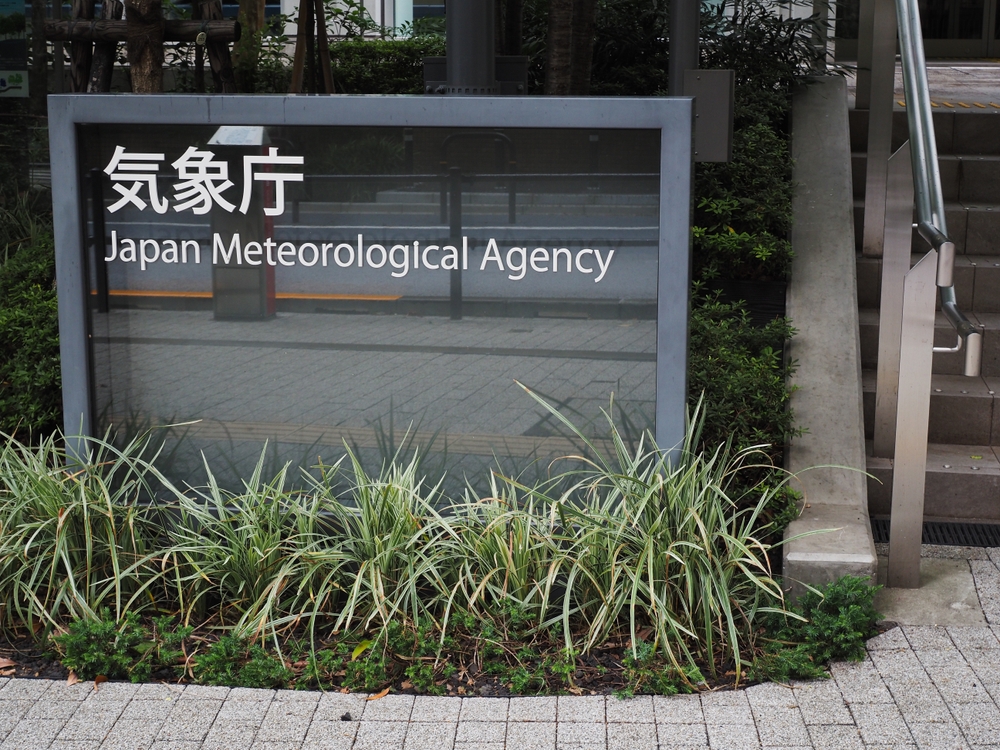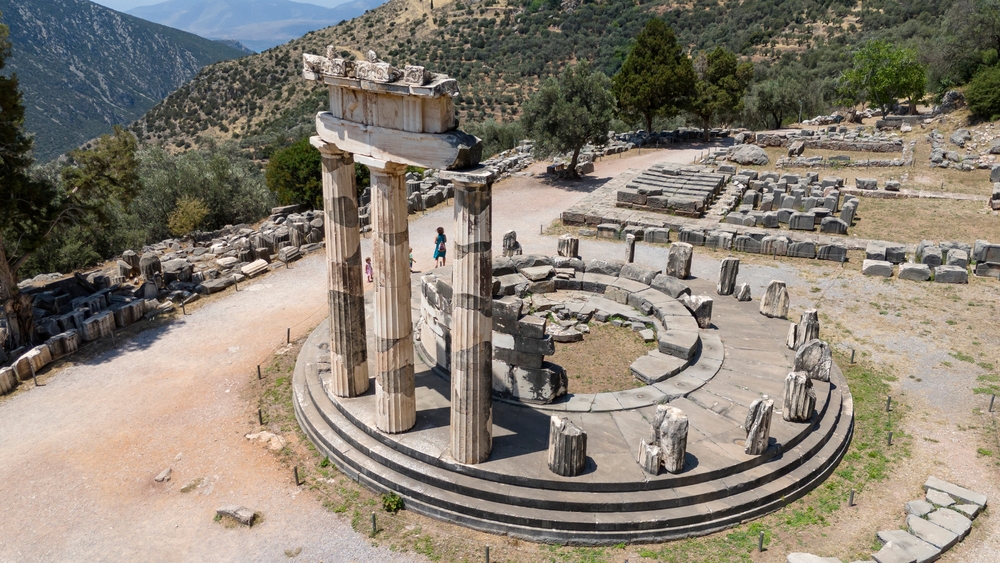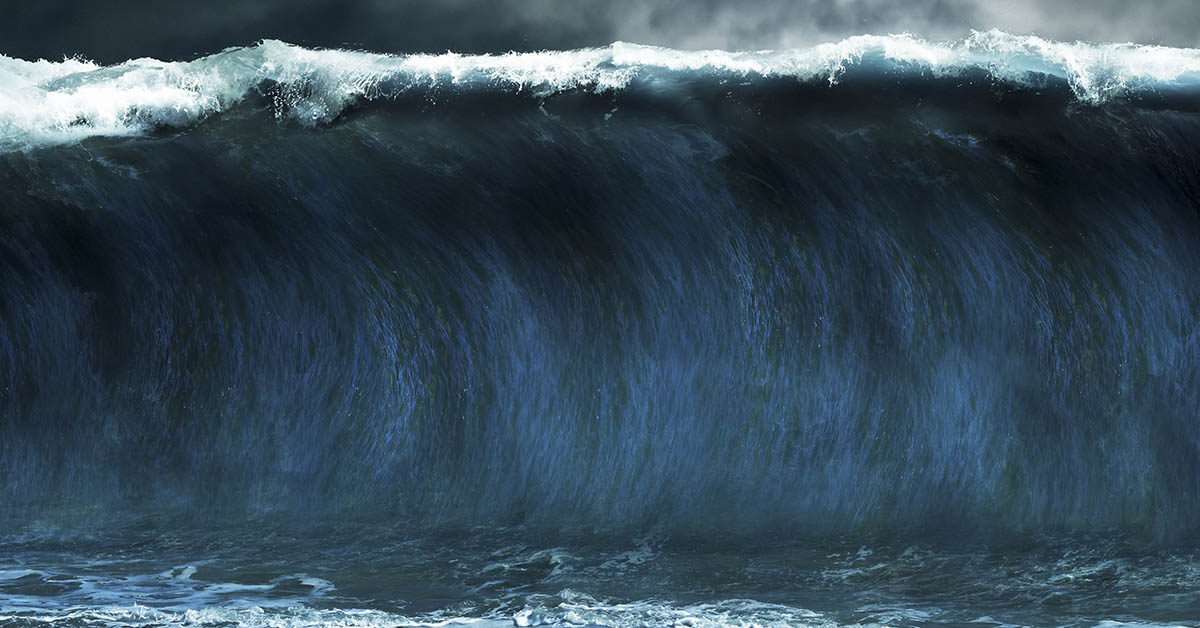A tsunami struck Japan’s Pacific coast just days after a woman, dubbed the “Japanese Baba Vanga,” warned of a looming disaster. Her eerie prediction closely aligned with the actual timing of the event, reigniting public fascination with her past forecasts. The nickname draws comparisons to the famous Bulgarian mystic known for her unsettlingly accurate prophecies. Japanese media and social platforms quickly connected the warning to the natural disaster, and many believe this was not mere coincidence.
The Recent Tsunami and Its Impact
On July 28, 2025, an undersea earthquake triggered a tsunami that hit parts of Japan’s eastern coastline. Waves reached over one meter high in some areas. While no deaths were reported, the event caused property damage and forced temporary evacuations. The Japanese Meteorological Agency confirmed that the quake’s epicenter was off the Pacific coast. The swift arrival of the tsunami, with limited warning time, heightened the sense of unease among those who had heard the earlier prediction.

The Woman Behind the Prophecy
The woman known as the “Japanese Baba Vanga” is not a widely known public figure. However, she has gained attention on Japanese forums and social media over the last few years for her recurring forecasts. Several of her prior statements touched on natural events, including volcanic activity and seismic shifts. Although skeptics remain, her warnings have caught the eye of believers, especially following the recent tsunami. She reportedly warned of a coastal event occurring in late July.
Timeline of Her Prediction
According to followers, the Japanese Baba Vanga posted a cryptic message in early July. She warned of an impending “great wave“ hitting Japan’s Pacific edge before the end of the month. This message was widely circulated in spiritual and disaster-prediction circles. While she did not give an exact day, the tsunami on July 28 fit within a 23-day window. The proximity of the dates caused a stir online, leading to renewed interest in her predictions.
Online Reaction and Public Concern
After the tsunami hit, thousands of posts referencing the Japanese Baba Vanga flooded Twitter and TikTok. Users shared screenshots of her prediction and compared it to footage of the waves crashing ashore. Many questioned how someone could have predicted the timing so closely. While some dismissed it as coincidence, others saw it as a warning to pay closer attention. Hashtags referencing both the mystic and the tsunami trended throughout Japan for several days.
Scientific and Skeptical Viewpoints
Experts urge the public to remain cautious about assigning too much weight to vague predictions. Seismologists in Japan remind citizens that the country experiences thousands of quakes annually. They emphasize the importance of science-based monitoring and preparation. Predictions like those from the Japanese Baba Vanga may draw attention, but scientists caution that vague language and broad timelines can lead people to see patterns where none exist. The recent event still raises questions, though, due to its timing.
Cultural Connection to Mystics
Japan has a long history of spiritual forecasters, from shrine priestesses to modern-day psychics. The emergence of the Japanese Baba Vanga fits within this broader cultural framework. Many people turn to such figures for comfort during uncertain times. Whether viewed as folklore or prophecy, these predictions often resonate during moments of national tension or natural threats. The tsunami’s alignment with her warning only deepens that cultural connection.
Prophecies and the Human Need for Meaning
There is no scientific proof that links prophecies to actual future events. Modern research has not found any consistent or testable evidence showing that specific individuals can predict real-world outcomes with accuracy beyond chance. However, that has never stopped people from seeking insight from those believed to have special knowledge of what lies ahead. From the earliest days of civilization, societies have placed immense value on prophets, seers, and oracles. These figures played important cultural and sometimes political roles, guiding leaders and communities through uncertain times.
The appeal of prophecy stretches back to ancient traditions. In Greece, the Oracle of Delphi was considered the voice of Apollo, with people traveling far and wide to hear her cryptic predictions. In the Hebrew Bible, prophets like Isaiah and Jeremiah warned of destruction and called for spiritual reform. Centuries later, figures like Nostradamus gained global fame for their mysterious, poetic writings that many interpret as foretelling major events. Although his verses are vague and open to interpretation, believers credit him with predicting wars, plagues, and even political assassinations.

Psychologists believe the human brain is wired to seek patterns and assign meaning to events, especially when under stress. When faced with uncertainty or danger, people often turn to prophecy as a way to regain a sense of control. This psychological response helps explain why predictions gain traction during times of crisis, such as pandemics, economic downturns, or wars. Prophecies offer a narrative that helps people process fear and confusion, even if the information is not grounded in fact.
The power of prophecy lies not in its accuracy, but in its emotional and symbolic impact. For some, it provides comfort. For others, it offers a moral framework or a call to action. Even when proven false or debunked, many still find value in the idea that someone might have insight into the greater workings of the universe.
In the end, the persistence of prophecy reflects a core part of being human. We want to believe that life has order and meaning. And even without scientific proof, people will likely continue to listen to prophetic voices in search of clarity, guidance, or simply hope.
Final Thoughts on the Prediction
The Japanese Baba Vanga has once again stirred national debate after a natural disaster matched her prophecy. Her reputation, once niche, has entered mainstream discussion. While experts encourage scientific caution, the tsunami’s timing continues to fascinate many. Whether coincidence or clairvoyance, her prediction will likely remain a subject of public conversation for weeks, maybe even years, to come.
Disclaimer: This article was created with AI assistance and edited by a human for accuracy and clarity.
Read More: Doomsday Tsunami Could Strike the West Coast Without Warning

